The naming process took place over seven days, with four rounds of voting, beginning with a longlist of 20 before a final round of just four names. The winning moniker, “Robi,” was inspired by Madison, aged 10, who garnered an impressive 4,882 votes for her suggestion. Close contenders included “Sheldon” by Olivia, aged 14, “Alan” proposed by numerous individuals in homage to the son of Fred and Ann Green, and “The Surgeonator” put forward by Zayne, also aged 10.
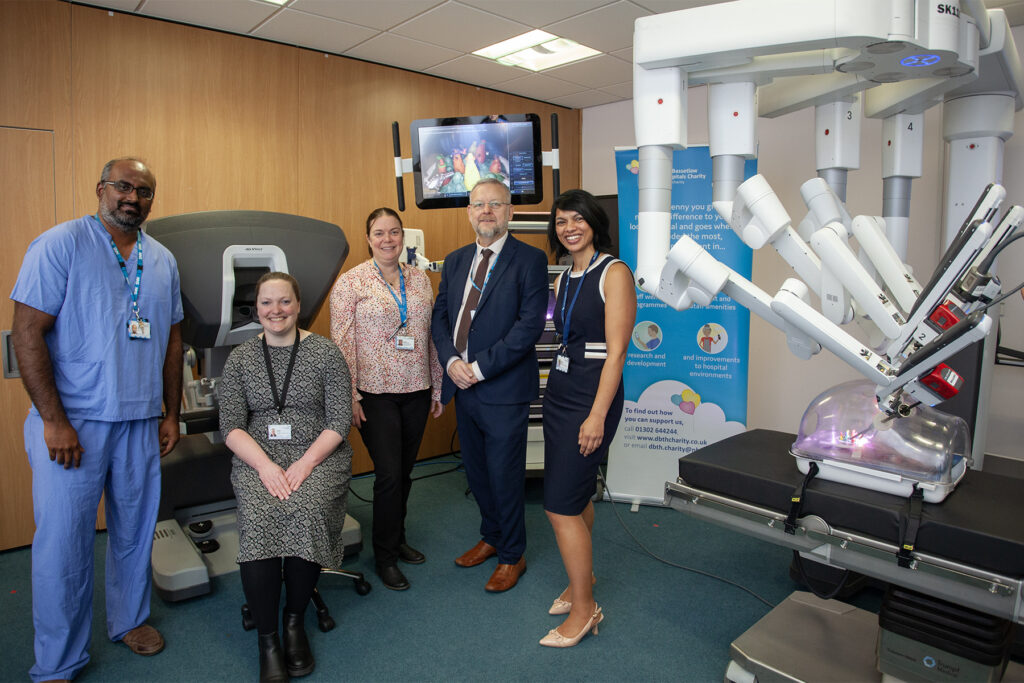
The significance of “Alan” in the voting process resonates deeply with the charitable legacy of Fred and Ann Green. Their enduring philanthropy, borne out of a tragic road accident involving their son Alan, who sadly passed away in 1943, has left an indelible mark on the Trust.
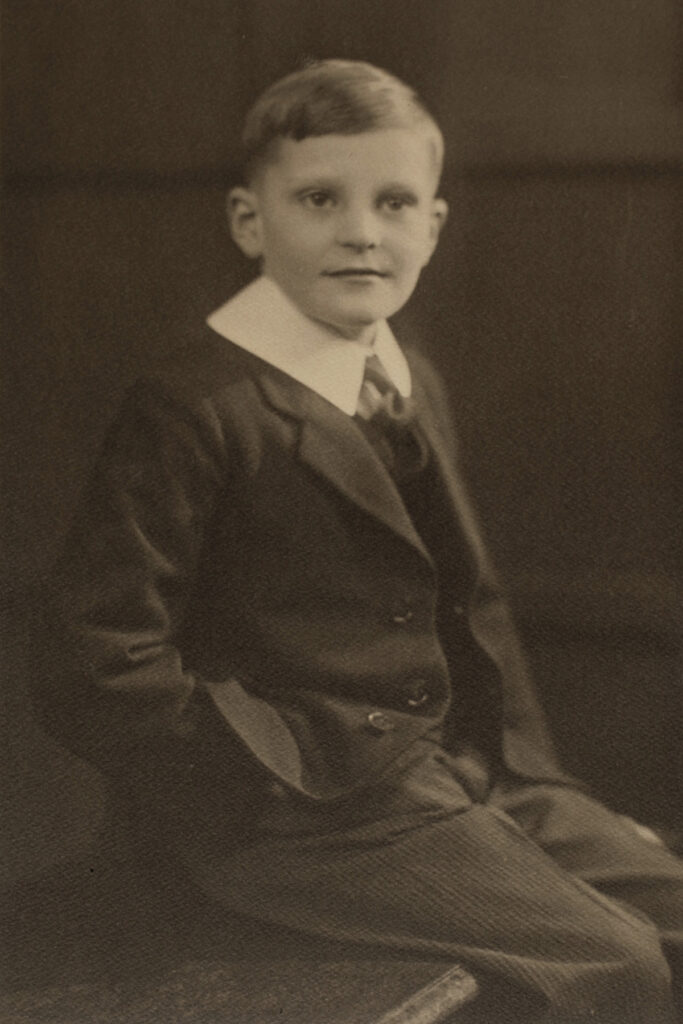
In the following years Fred and Ann threw their energies into their business, becoming especially renowned for their succulent pork pies. In the 1950s an organisation named Associated Dairies and Farm Foods was seeking successful small businesses to add to its portfolio, and in 1958 offered to buy Fred’s business. Both Fred and Ann were in their 50s and well-off, but with no family to carry on the business, decided to sell. Fred was appointed to the Board of the parent company, which in due course became ASDA, one of the UK’s big five supermarkets.
Following his passing in 1998 aged 95, Fred bequeathed £11.5 million to, what was then, the Doncaster Royal and Montagu Hospitals NHS Trust, funds which have, over the course of almost 30 years, enriched local care and enabled transformative healthcare initiatives, most notably the Fred and Ann Green Rehabilitation Centre.
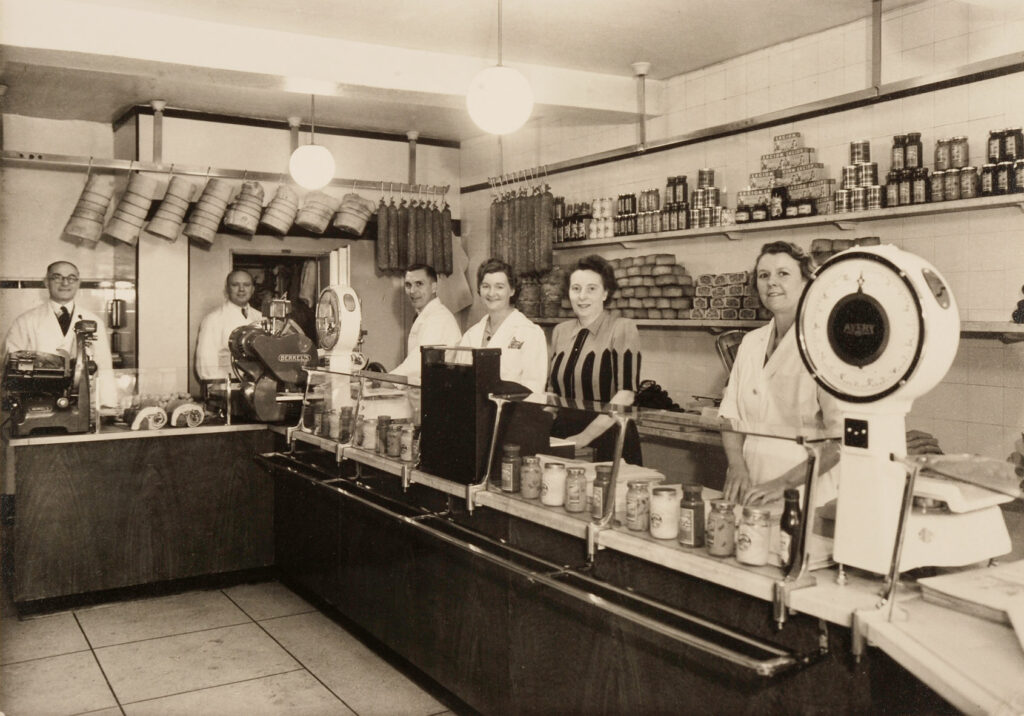
With support from the Fred and Ann Green Legacy, Doncaster and Bassetlaw Teaching Hospitals Charity has pledged £3.6 million to bring robotic surgery as well as the associated training and resources to the Trust.
Richard Parker OBE, Chief Executive at DBTH, said: “The response we have had to this naming competition has been nothing short of extraordinary, and it has been truly heartening to see the enthusiasm for this latest development at DBTH. I want to share my thanks with all those who suggested a name, as well as Madison, Olivia and Zayne for their winning suggestions – all of which will be receiving a gift voucher for sharing their creativity.”
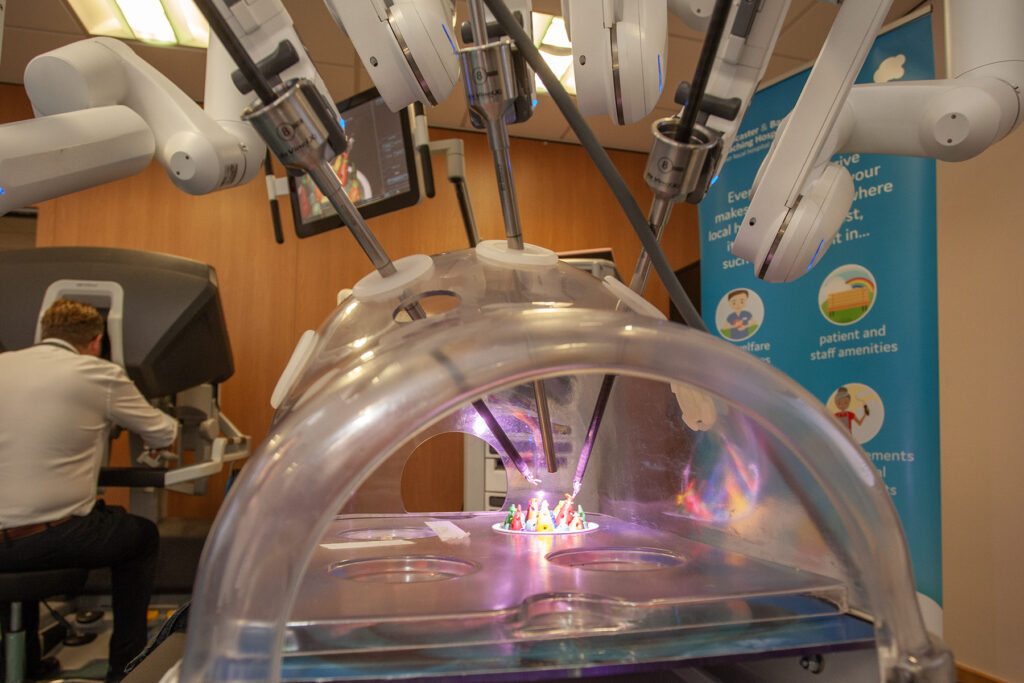
It is envisaged that once in place, “Robi” will transform the way DBTH performs cancer surgery, specifically for colorectal cancer patients in the first instance.
Colorectal surgery is the field of medicine that deals with repairing damage caused by colorectal diseases. Surgery can be necessary due to a variety of health problems along the gastrointestinal tract, in your rectum, anus and colon.
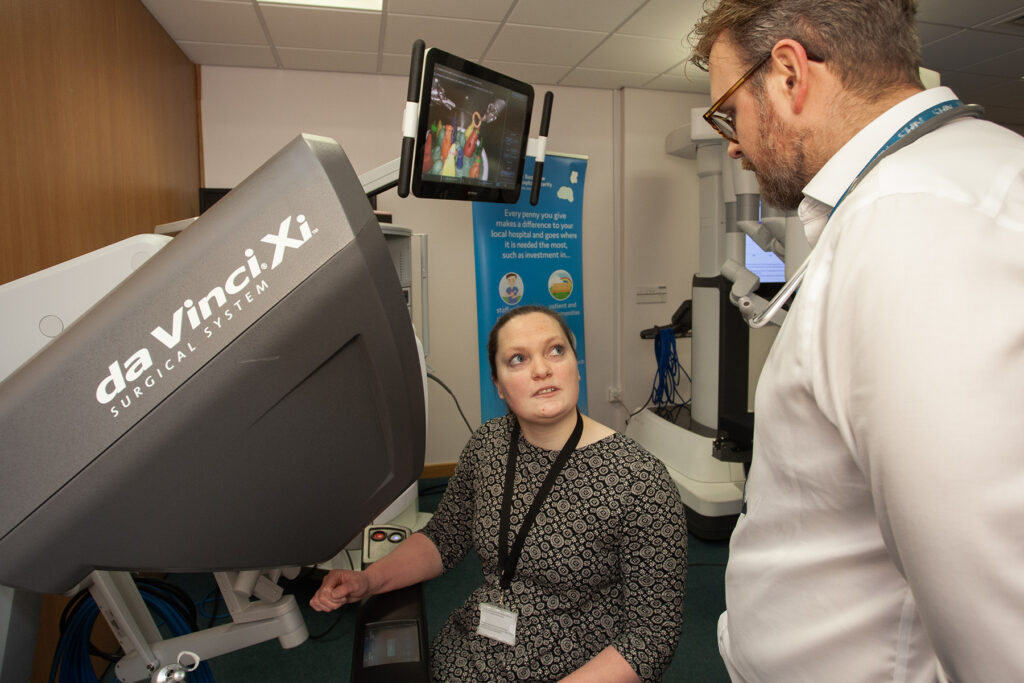
Operated by a surgeon, a camera inserted inside the patient and robotic arms are controlled from a console using an advanced set of instruments for a minimally invasive surgery. This procedure allows for greater precision than traditional laparoscopic (also known as ‘keyhole’) or open surgery.
Colorectal Consultant Surgeon and Lead Clinician for Gastrointestinal Surgery, Miss Antonia Durham-Hall said of the development: “The introduction of robotic surgery will significantly improve outcomes for patients following their surgery, such as faster recovery times, reduced length of stay, and a reduction in the chance of a conversion to open surgery. In some types of tumour, there will also be improved cancer outcomes. There will also be a decrease in patients who experience problems with urinary and sexual function after rectal surgery and a reduction in those needing a long-term stoma.
“I’m extremely pleased that we will be able to offer this to our patients in the near future and thankful to the Doncaster and Bassetlaw Teaching Hospitals Charity for such a significant investment.”
It is expected that robotic surgery will become operational in summer 2024 at Doncaster Royal Infirmary.
For inquiries on supporting DBTH and contributing to future healthcare innovations, please contact the Fundraising and Communications Team at 01302 644244 or dbth.charity@nhs.net.



